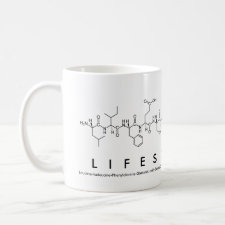
Authors: Magennis EP, Fernandez-Trillo F, Sui C, Spain SG, Bradshaw DJ, Churchley D, Mantovani G, Winzer K, Alexander C
Article Title: Bacteria-instructed synthesis of polymers for self-selective microbial binding and labelling.
Publication date: 2014
Journal: Nature Materials
Volume: 13
Issue: (7)
Page numbers: 748-755.
DOI: 10.1038/nmat3949
Abstract: The detection and inactivation of pathogenic strains of bacteria continues to be an important therapeutic goal. Hence, there is a need for materials that can bind selectively to specific microorganisms for diagnostic or anti-infective applications, but that can be formed from simple and inexpensive building blocks. Here, we exploit bacterial redox systems to induce a copper-mediated radical polymerization of synthetic monomers at cell surfaces, generating polymers in situ that bind strongly to the microorganisms that produced them. This "bacteria-instructed synthesis" can be carried out with a variety of microbial strains, and we show that the polymers produced are self-selective binding agents for the "instructing" cell types. We further expand on the bacterial redox chemistries to "click" fluorescent reporters onto polymers directly at the surfaces of a range of clinical isolate strains, allowing rapid, facile and simultaneous binding and visualization of pathogens
Template and target information: bacteria, E. coli, P. aeruginosa



Join the Society for Molecular Imprinting

New items RSS feed
Sign-up for e-mail updates:
Choose between receiving an occasional newsletter or more frequent e-mail alerts.
Click here to go to the sign-up page.
Is your name elemental or peptidic? Enter your name and find out by clicking either of the buttons below!
Other products you may like:
 MIPdatabase
MIPdatabase









